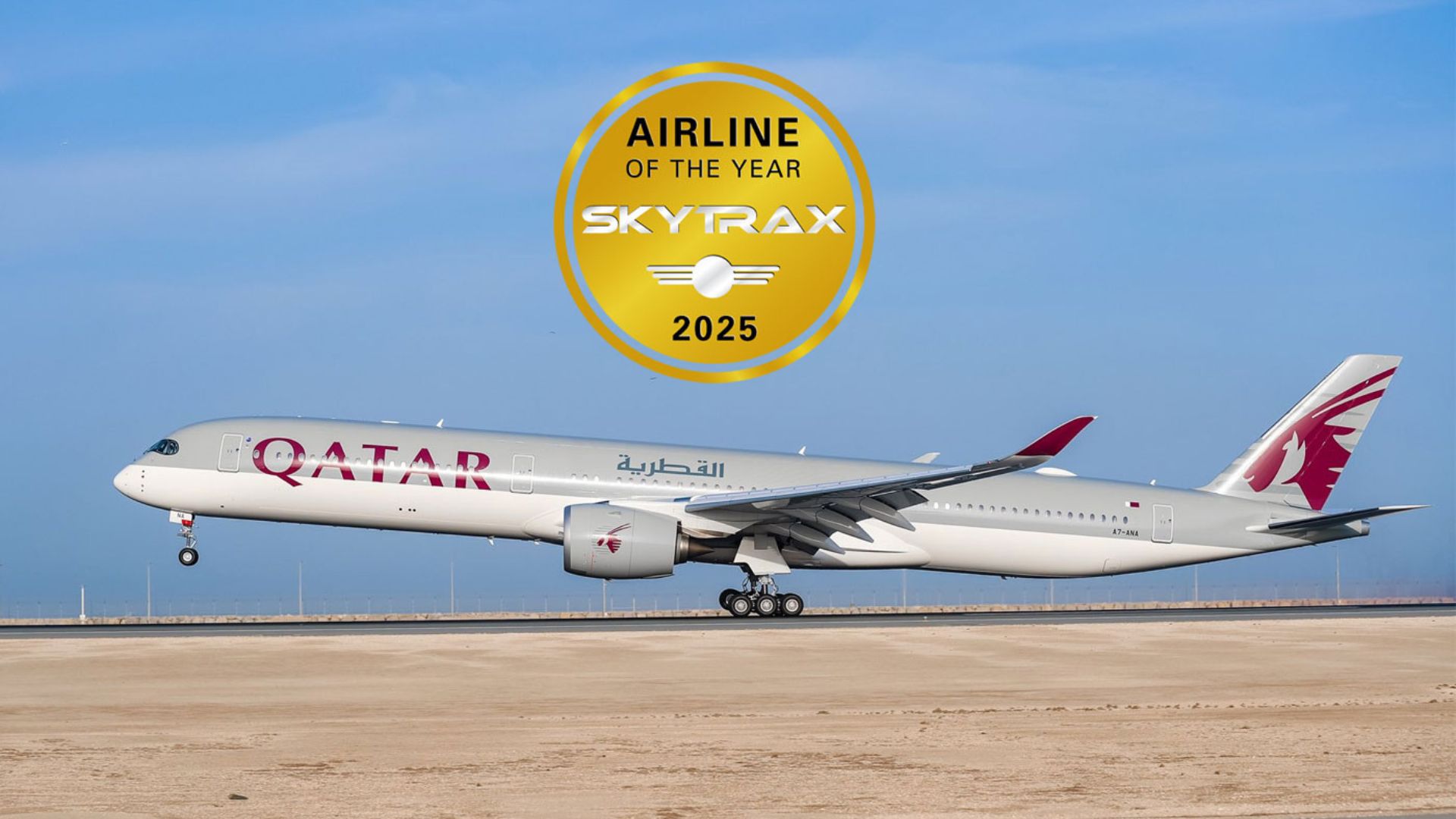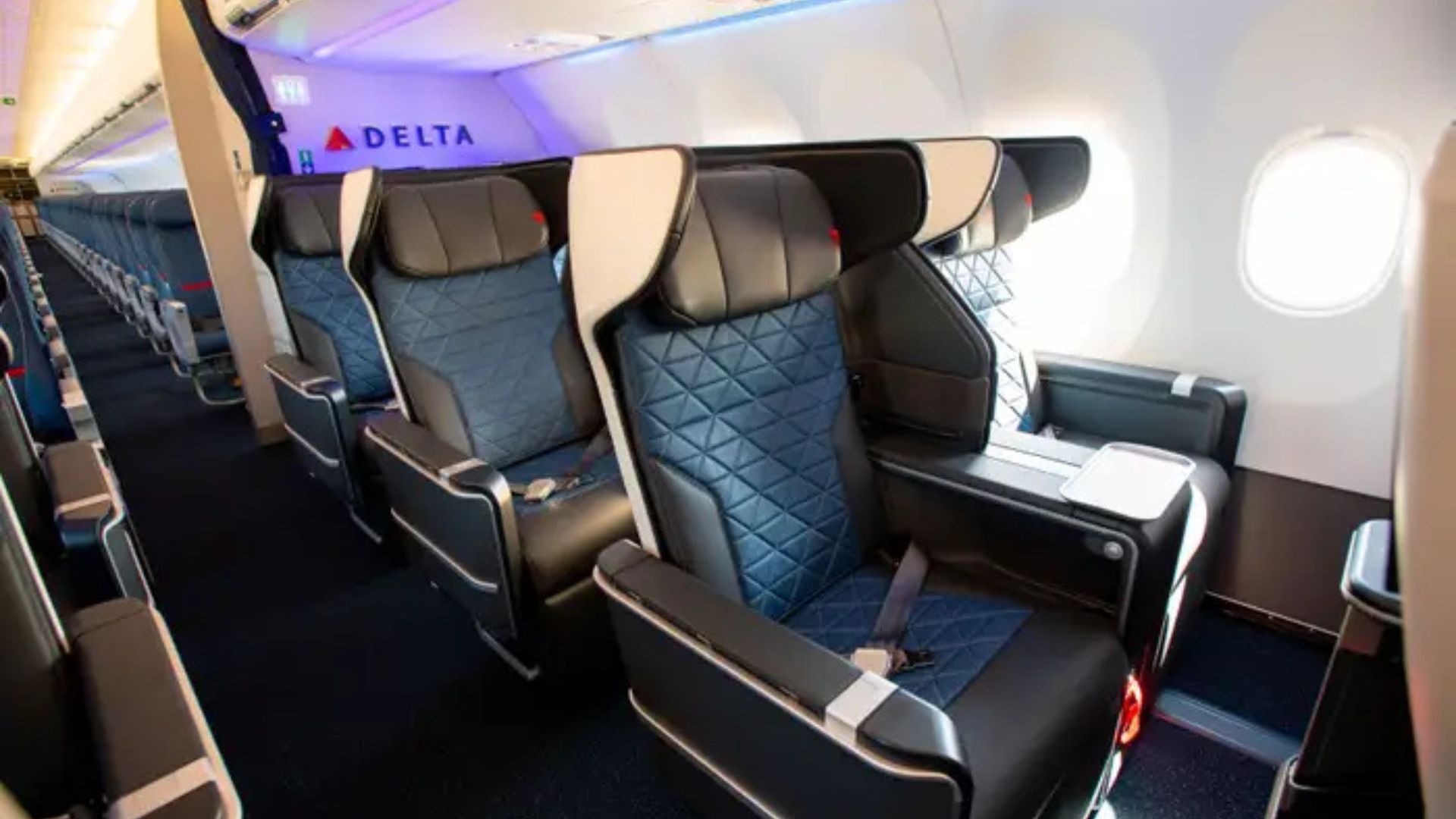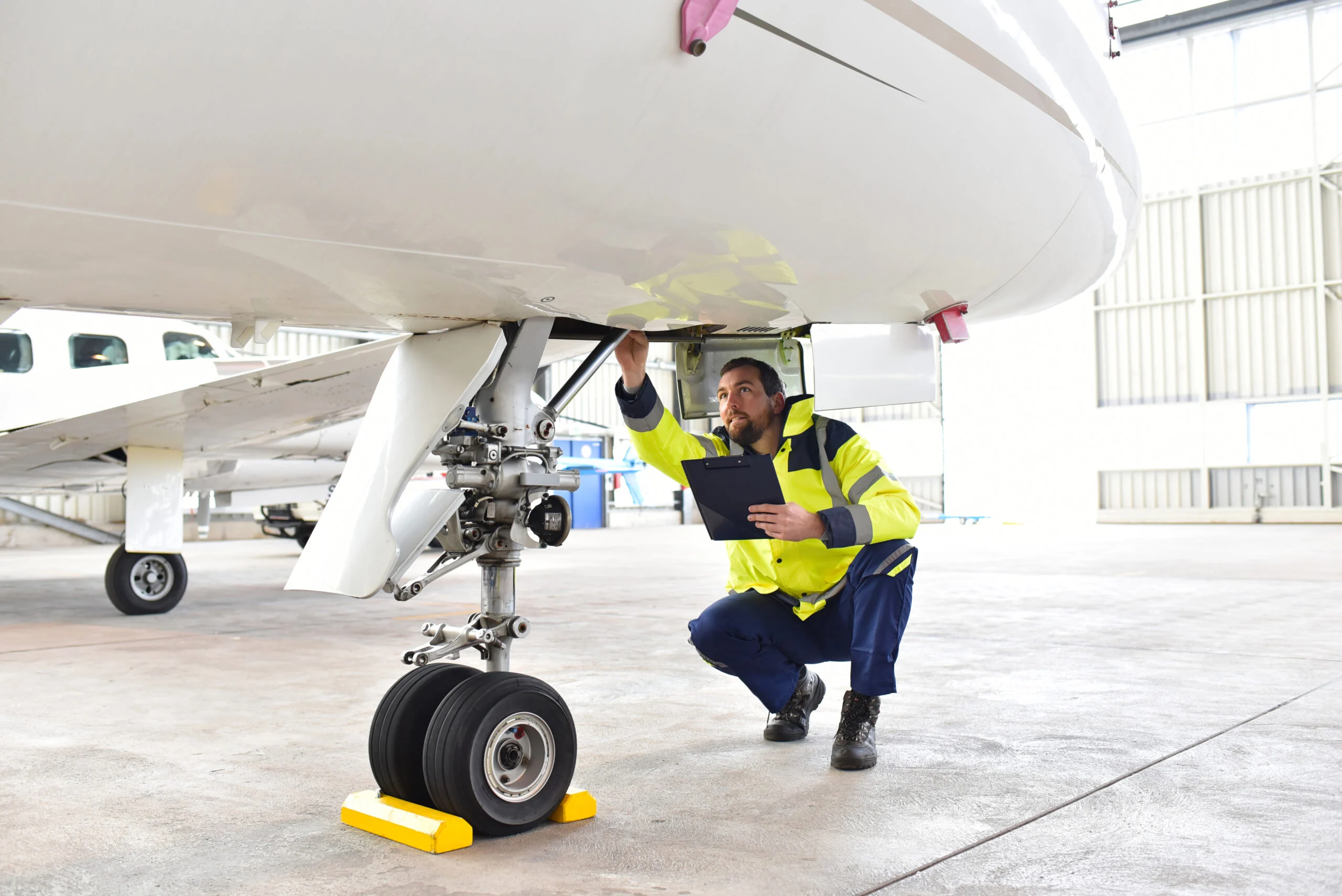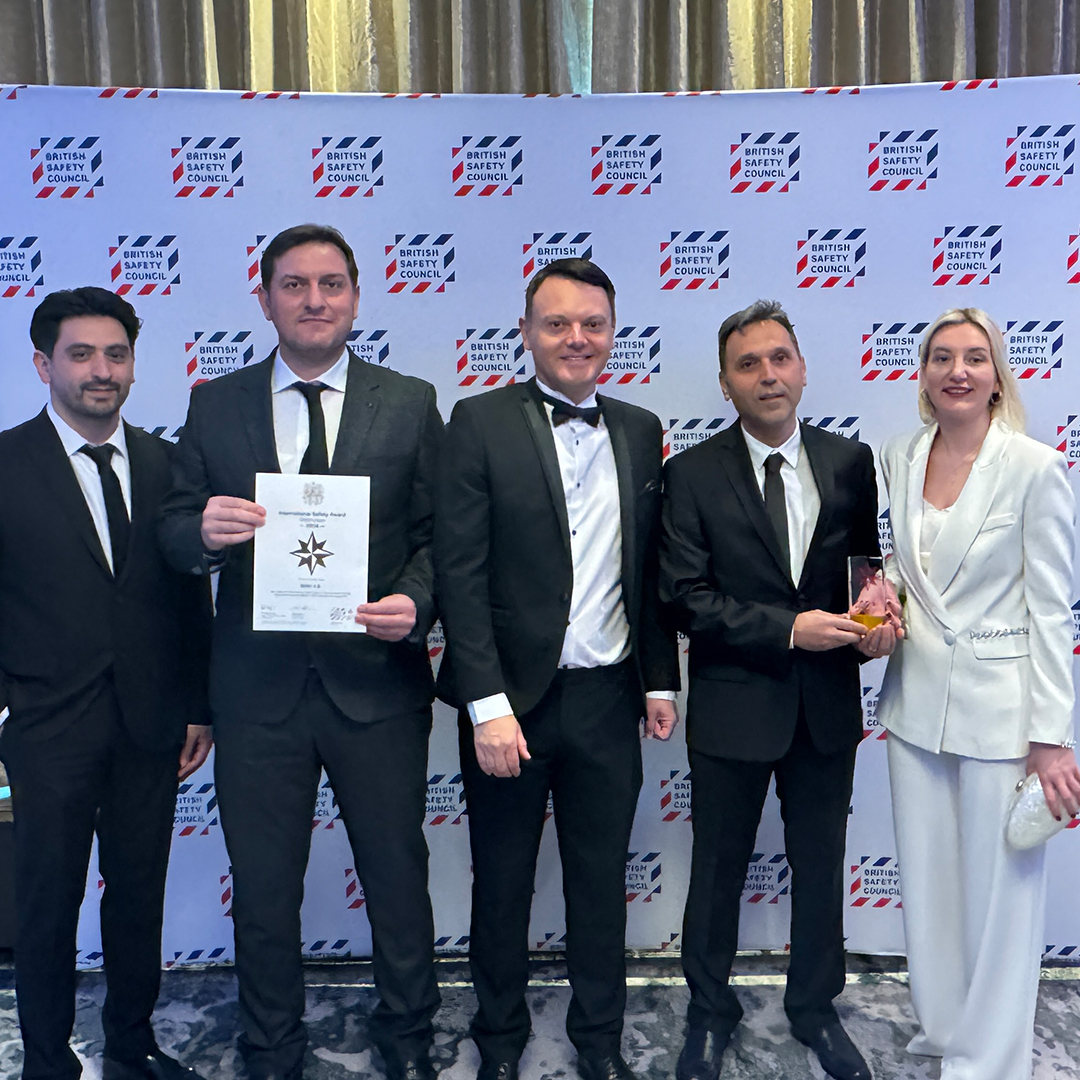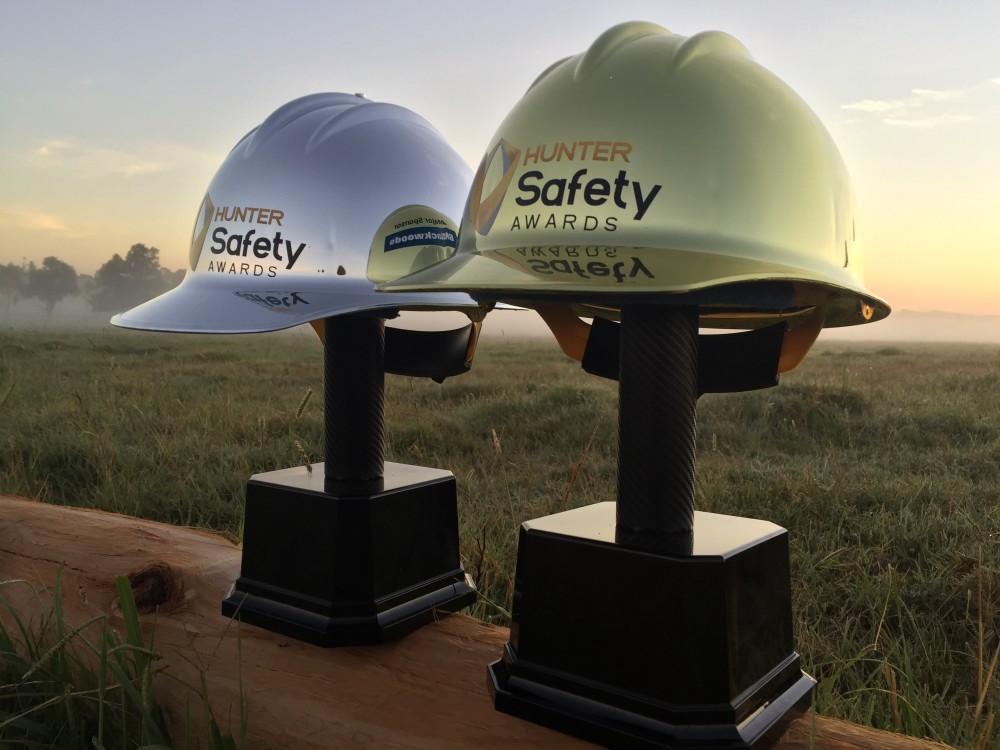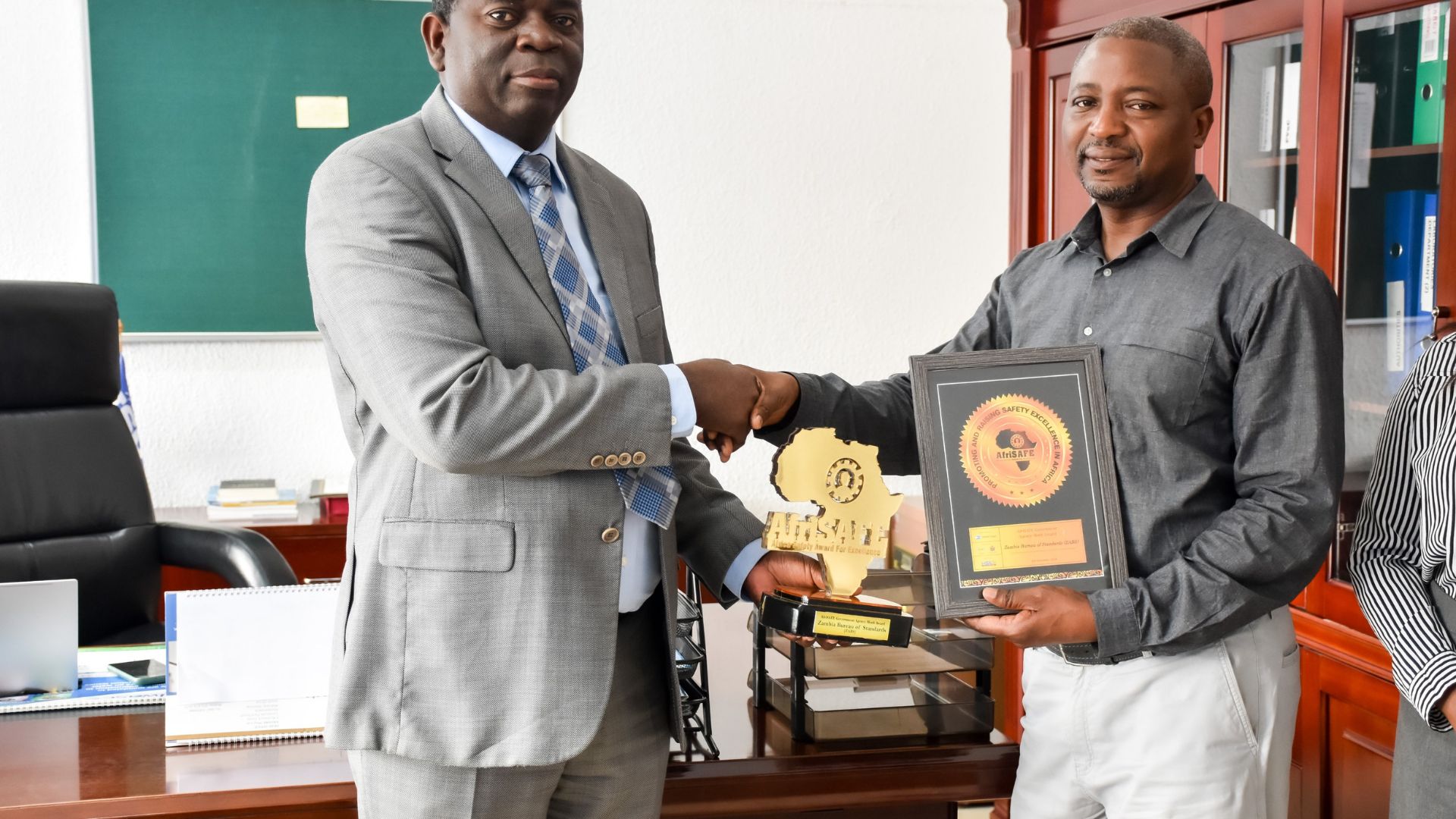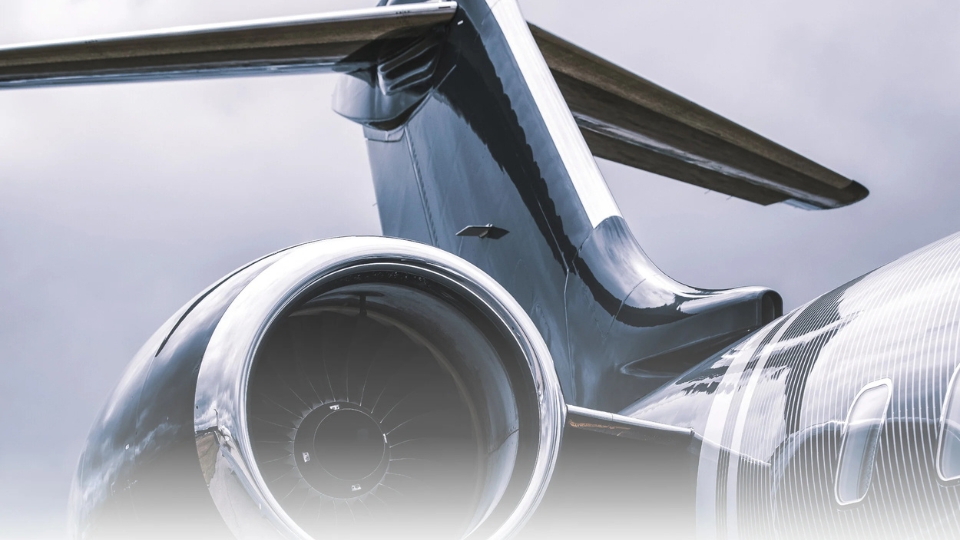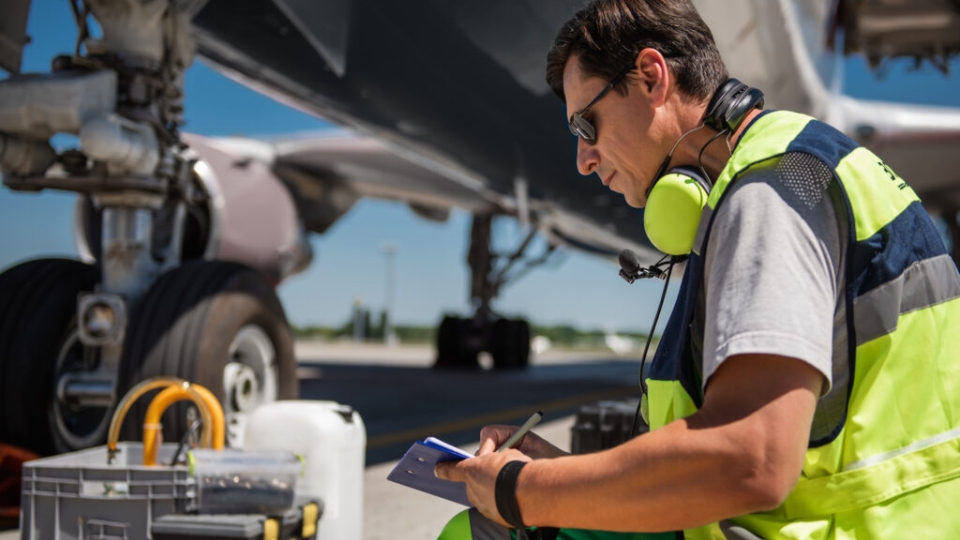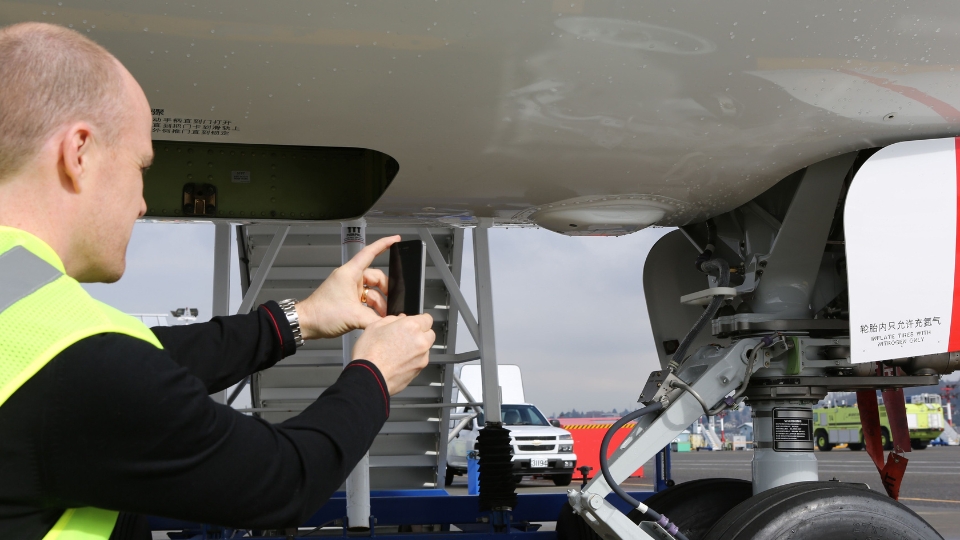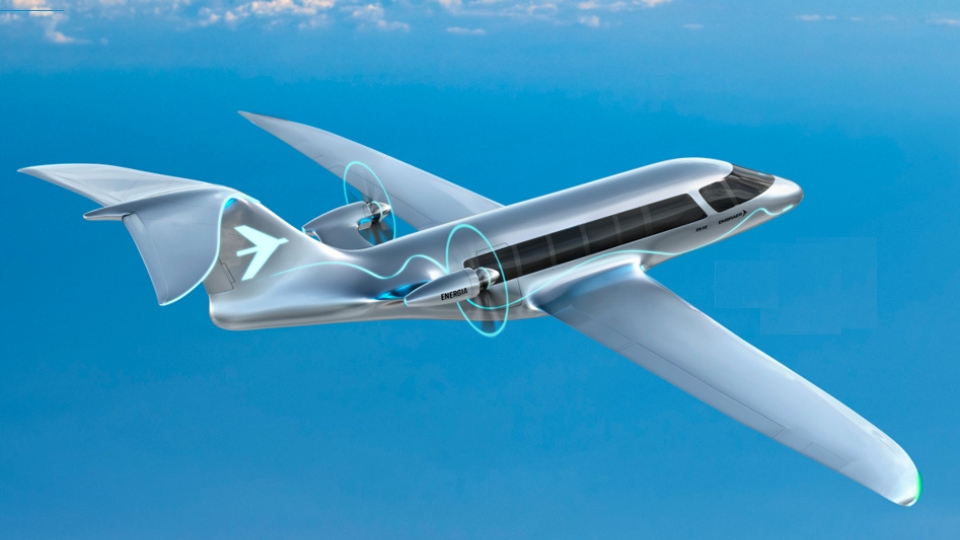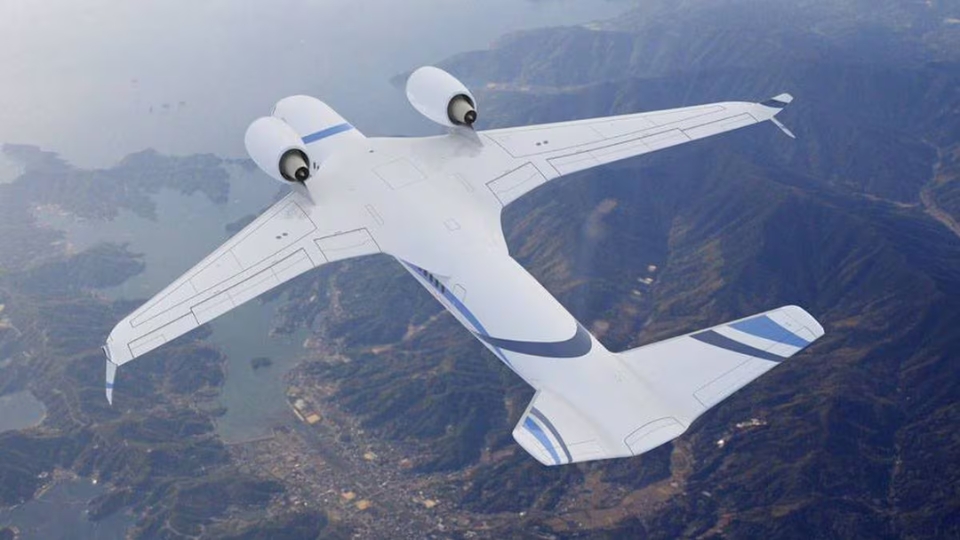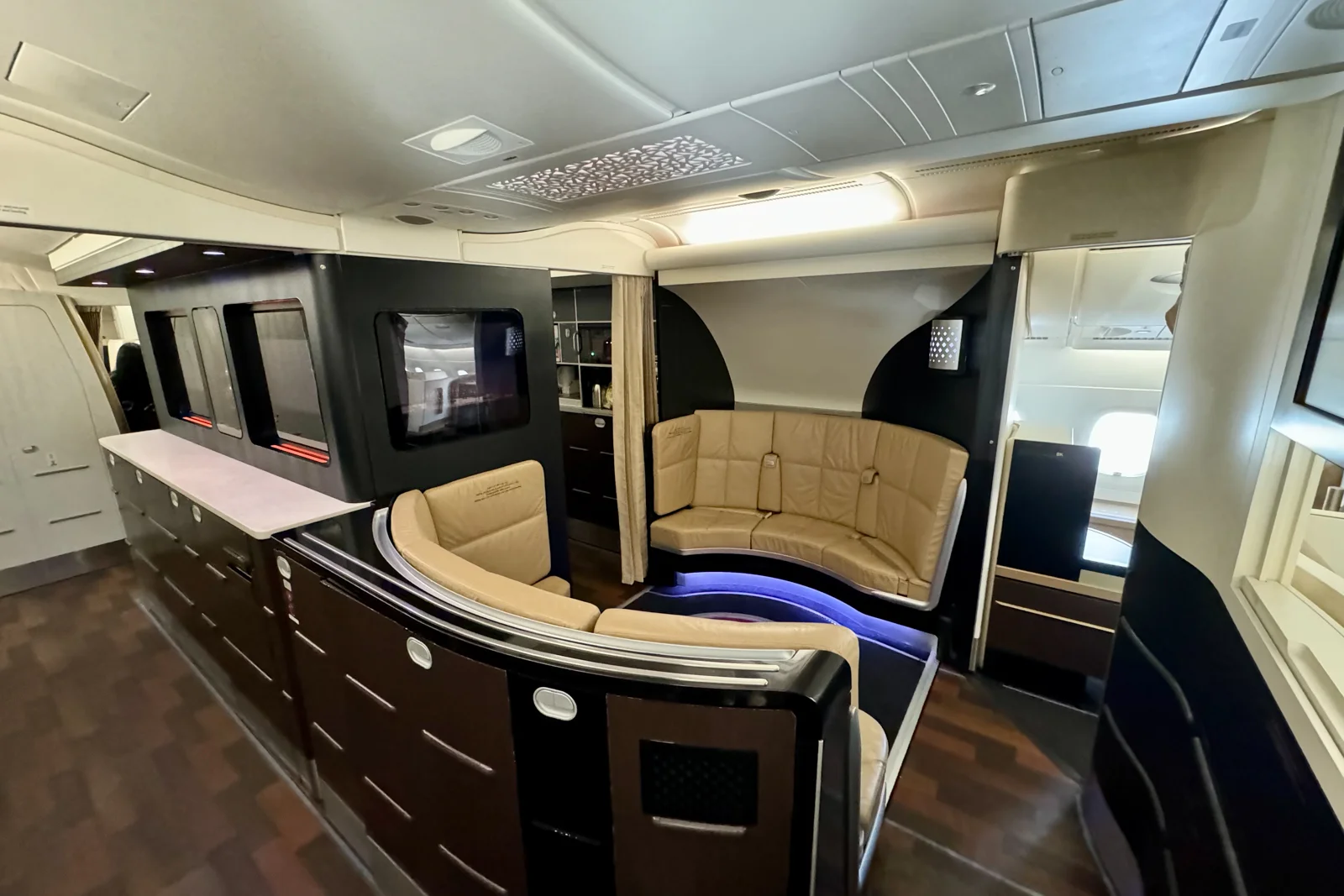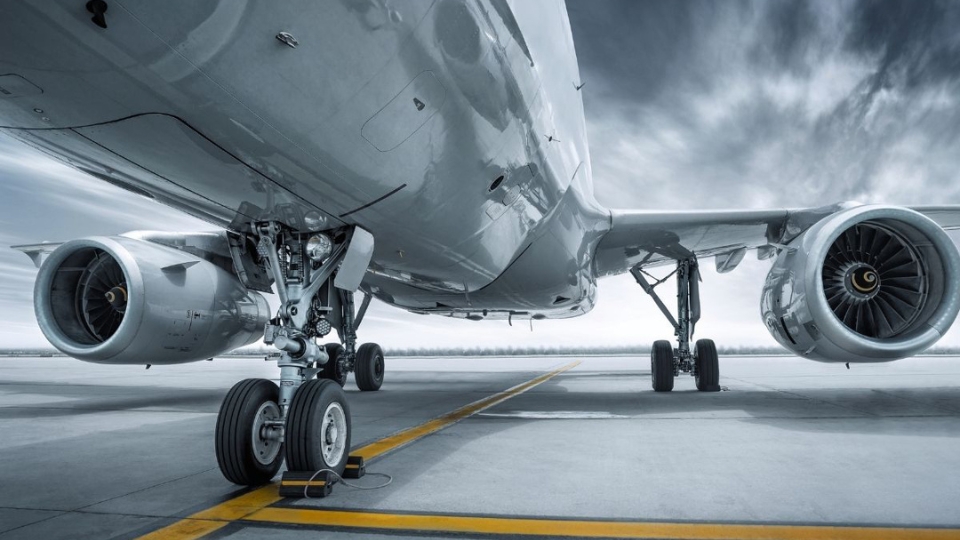In the competitive world of aviation, reputation is everything. While price and comfort often grab passengers’ attention, safety remains the most critical factor when choosing an airline. That’s where safety awards come into play—they are not just decorative plaques or marketing tools; they represent rigorous standards, industry recognition, and public trust. Let’s explore what safety awards truly mean and why they’re so important for an airline’s brand, operations, and customer loyalty.
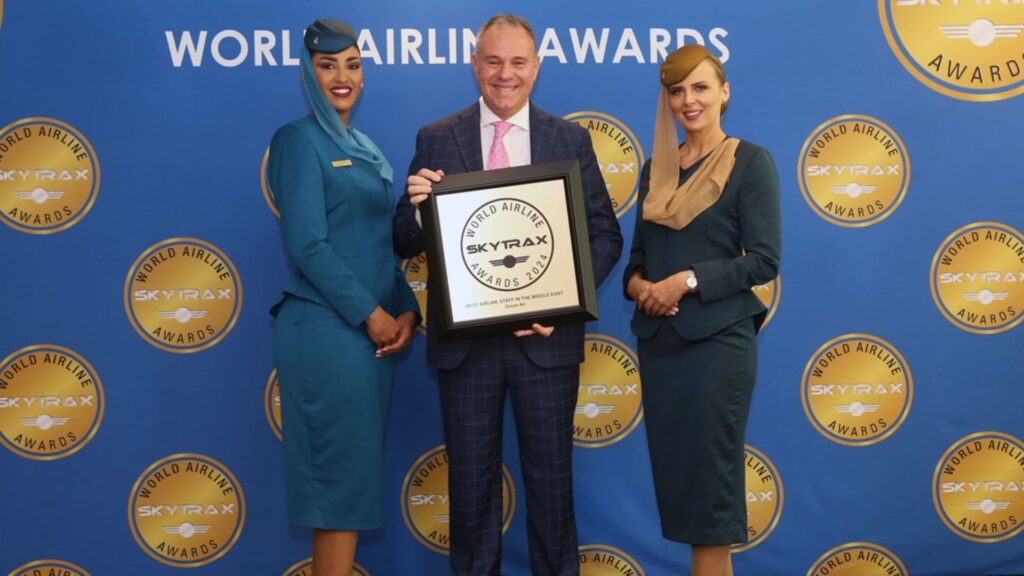
More Than a Trophy: Recognizing Operational Excellence
Safety awards are typically granted by aviation authorities, independent safety ranking agencies, or industry watchdogs such as:
-
AirlineRatings.com
-
International Air Transport Association (IATA)
-
Federal Aviation Administration (FAA)
-
Skytrax
These awards are based on a combination of factors, including:
-
Safety audits and compliance with global regulations
-
Historical accident and incident records
-
Pilot training and crew preparedness
-
Aircraft maintenance protocols
-
COVID-19 safety practices (in recent years)
Earning such accolades shows that the airline doesn’t just meet the minimum requirements—it goes above and beyond to ensure operational safety across all departments.
Building Passenger Trust Through Transparency
When an airline wins a safety award, it signals to passengers that they are in capable hands. In today’s digital world, transparency is crucial. Awards act as third-party endorsements, validating the airline’s safety record and internal processes.
For many travelers—especially business flyers and families—this kind of assurance influences decision-making. A safety award can:
-
Ease fears for anxious flyers
-
Provide confidence in emergency preparedness
-
Reinforce trust in new or unfamiliar airlines
Ultimately, safety awards help bridge the information gap between airline operations and the average passenger’s concerns.
Competitive Advantage in a Crowded Market
In a global market with hundreds of airlines competing for customer loyalty, a strong safety reputation sets a brand apart. Airlines that consistently rank high in safety evaluations benefit in several ways:
-
Increased bookings from safety-conscious travelers
-
Higher ratings on travel comparison websites
-
Enhanced partnerships with other airlines and codeshare agreements
-
Attraction of top-tier talent, from pilots to maintenance crews
In other words, safety recognition can drive both revenue and internal performance.
Internal Impact: Motivating Staff and Improving Culture
Winning a safety award doesn’t just help with public perception—it also boosts morale within the organization. Recognition at this level affirms the hard work of pilots, engineers, ground crews, and operations managers.
It creates:
-
A safety-first culture, where every team member feels empowered to speak up and take responsibility
-
Motivation for continuous training, innovation, and performance improvement
-
Pride in the workplace, leading to lower turnover and stronger internal communication
Employees at safety-award-winning airlines often feel a sense of purpose, knowing their role contributes to global recognition.
What Happens Without a Safety Reputation?
On the flip side, a poor or ambiguous safety reputation can damage an airline’s image for years. A single high-profile incident, followed by lack of transparency or poor crisis management, can trigger:
-
Negative press and public backlash
-
Loss of customer loyalty
-
Regulatory scrutiny and sanctions
-
Declines in stock value (for publicly traded airlines)
Safety awards help airlines proactively manage their reputation by reinforcing trust and setting clear benchmarks.
Aligning With Global Standards
Many safety awards are aligned with international aviation safety programs, such as:
-
IATA Operational Safety Audit (IOSA)
-
EU Air Safety List compliance
-
ICAO safety initiatives
By maintaining these standards and winning related awards, airlines show their commitment not just to passengers—but to the entire global aviation community.
Conclusion
Safety awards are more than just badges of honor. They reflect an airline’s commitment to excellence, discipline, and putting passengers first. These recognitions not only build customer trust but also enhance internal morale and secure a competitive edge in the aviation market.
In an industry where lives are on the line, a reputation for safety isn’t optional—it’s essential. And a safety award is the clearest, most credible symbol of that dedication.

